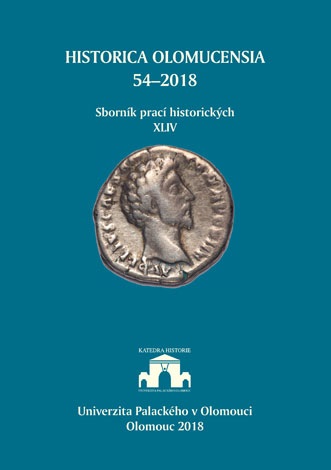Noční každodennost v Československu 1945-1960
Everyday Night in Czechoslovakia 1945-1960
Author(s): Lucie DuškováSubject(s): History
Published by: Univerzita Palackého v Olomouci
Keywords: night;everyday life;socialism;city;Czechoslavakia;post-war period;
Summary/Abstract: As the alternation of Day and Night is a natural process that influences everyone’s life, they are an object of the eff orts of control and change. After the World War Two, the night in Czechoslovakia was perceived in connection with war and with work. It was charged by symbolical and mobilizing dimension. After the diminution of the after war enthusiasm, Czechoslovak citizens reclaimed the „right for the night distraction“. In order to keep discipline and legitimity, the political power had to react. The night illuminated city became a symbol of socialist distraction and consumerism, in particularities different from the western capitalist cities, but in principle with the same objectives to control and to discipline. At the same time, the night city was an important place of parallel practices, often on the limits with the law and beyond it. The history of the everyday night in Czechoslovakia is an example of the history of different attempts to control, discipline and change the night in line with the communist perceptions of the „perfect communist night“ and of frequent failures of these attempts.
Journal: Historica Olomucensia. Sborník prací historických
- Issue Year: XLIV/2018
- Issue No: 54
- Page Range: 235-256
- Page Count: 22
- Language: Czech

